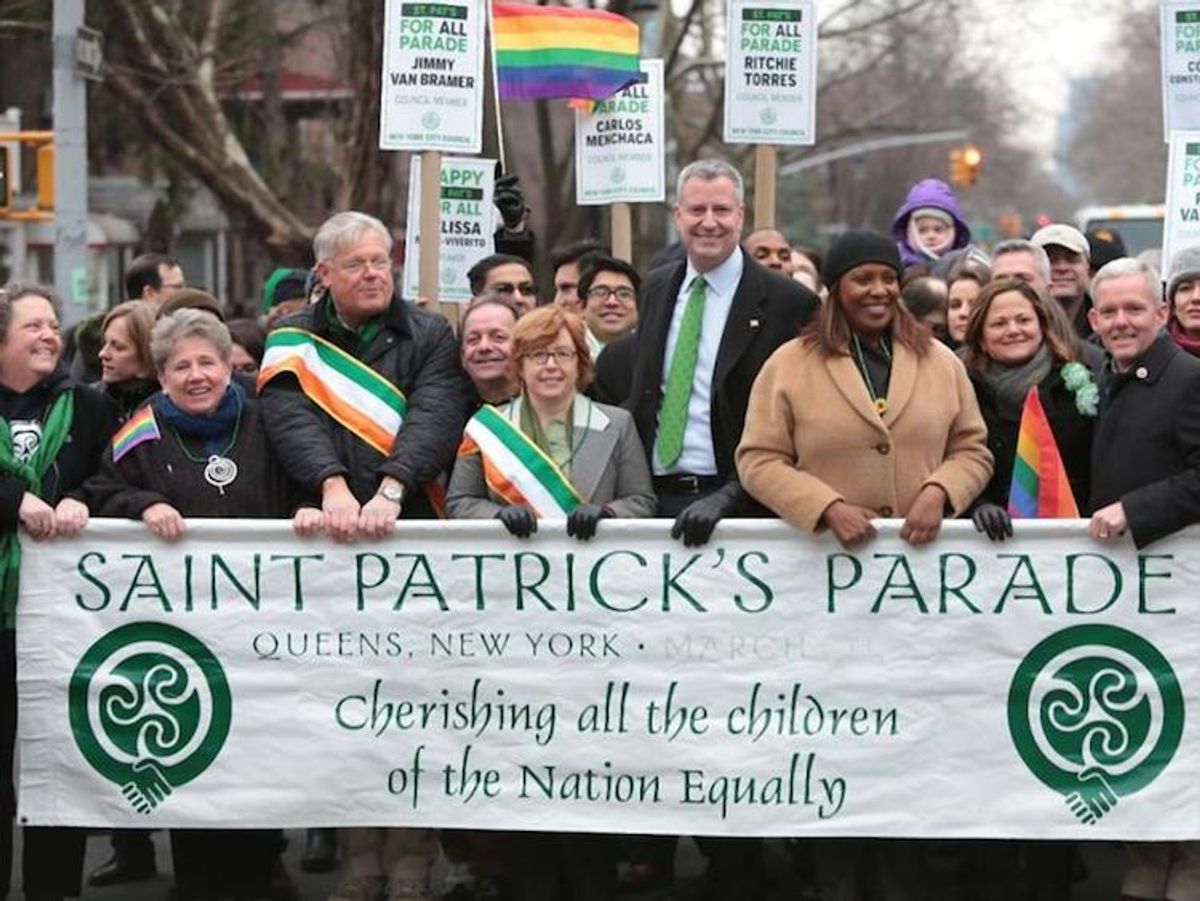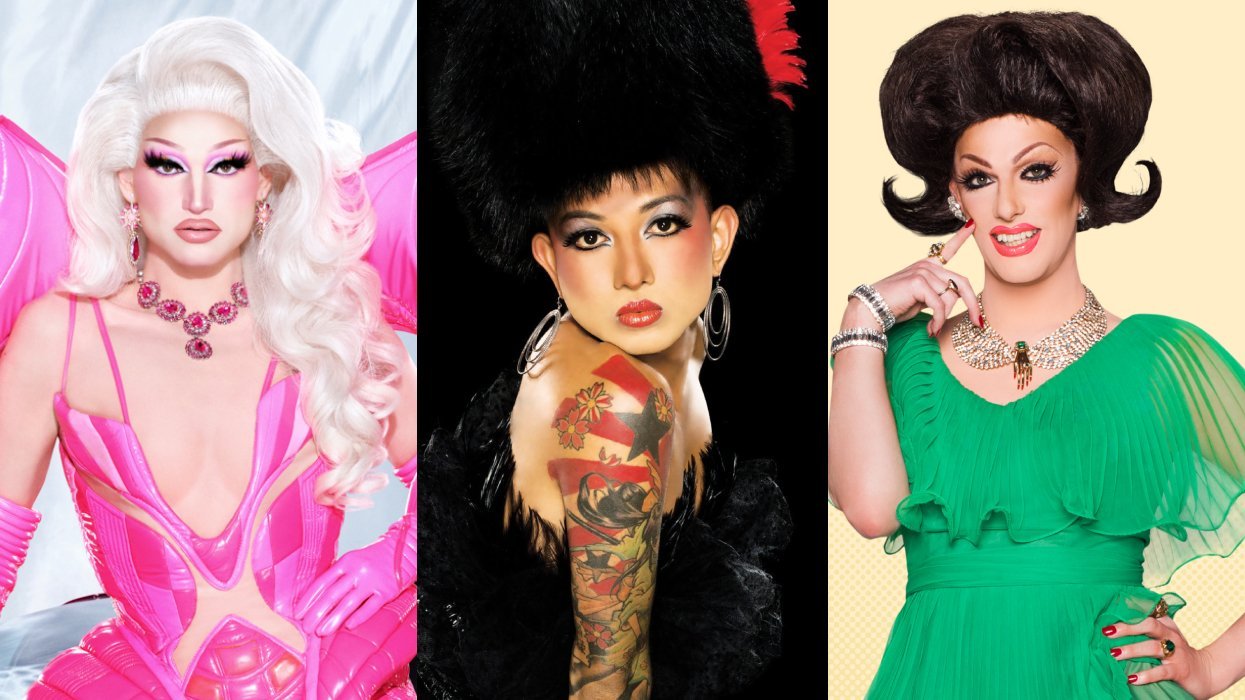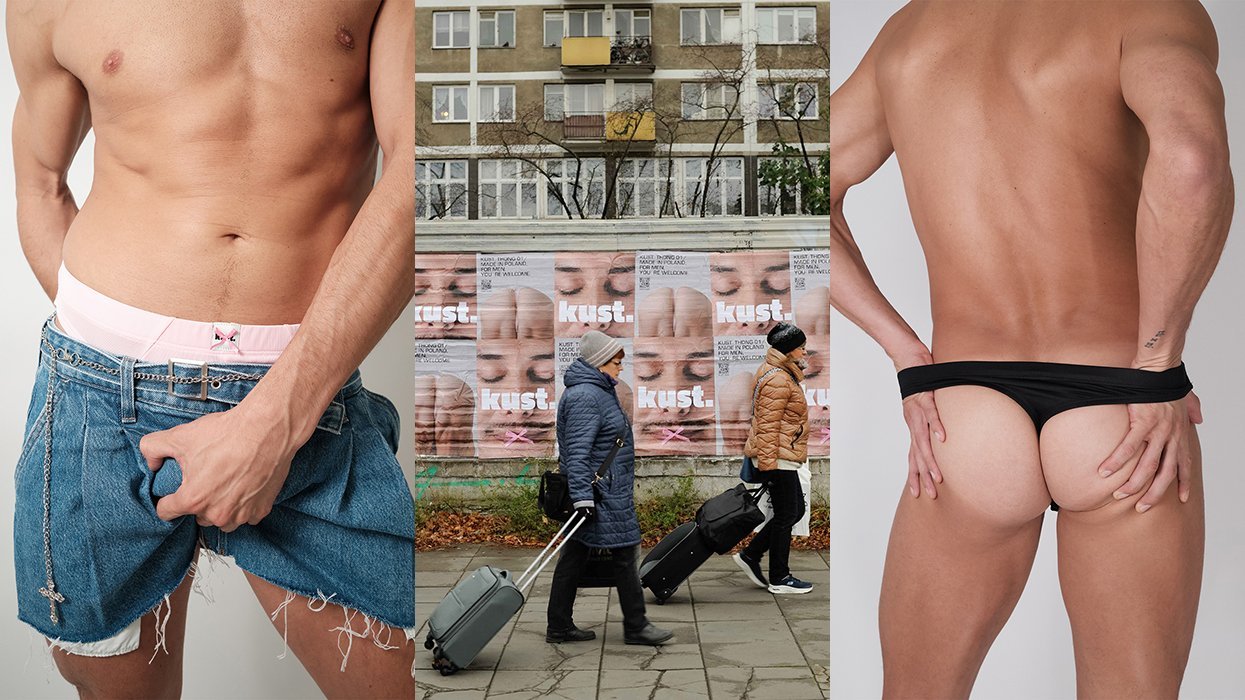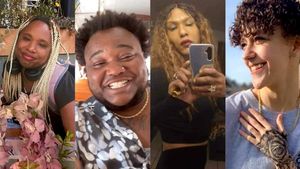Photo of de Blasio marching in Queen's parade, courtesy of Ed Reed of the Office of Mayor Bill de Blasio
At 253 years old, New York City's St. Patrick's Day Parade is the oldest in the country. Yet over the past few decades, what should be a simple celebration of all things Irish has devolved into a hotbed of controversy as gay groups have been systematically denied the right to participate. In a historic first, gay groups OutVets and Boston Pride marched in Boston's St. Patrick's Day Parade over the weekend, ending a similar stand-off between parade organizers and activists. Last month, it was announced that corporate sponsor NBC could have an LGBT contingent marching under an Out-NBC banner, but the move has been the subject of intense criticism.
At a press conference last month, City Council member Daniel Dromm had this to say:
"The issue has never been about having a gay group in the parade. It has always been about having an Irish gay group in the parade. For the parade organizers to try to pull this trickery by allowing an organization called OUT@NBC to march in the parade is not a solution."
Irish Queers, a vocal activist group who were present when Dromm made that comment, welcome the support their cause has seen from New York and Irish officials. Mayor Bill de Blasio and the City Council have withdrawn their support from the parade this year, as they have done in the past, instead choosing to participate in a smaller-scale, gay-friendly parade held earlier in the month in Queens.
As Ireland heads towards a national referendum on marriage equality this May, the anti-gay stance of the New York City parade organizers is showing itself to be increasingly at odds with the values of the nation it seeks to celebrate. Ireland's Prime Minister, Enda Kenny, is actively campaigning to see same-sex marriage legalized, and every major political party supports the move. Polls estimate upwards of 80% of the population in support, with the number rising to 90% among students.
Despite the planned protests for tomorrow, Irish LGBT groups are hopeful that next year may finally see the parade open itself to gay marchers. It has been suggested that more groups will be accepted upon application in 2016.



















































































